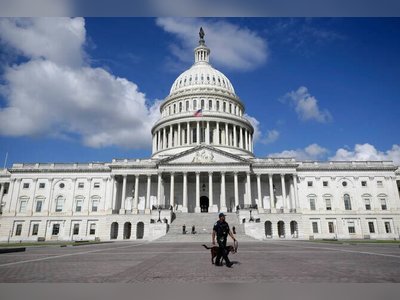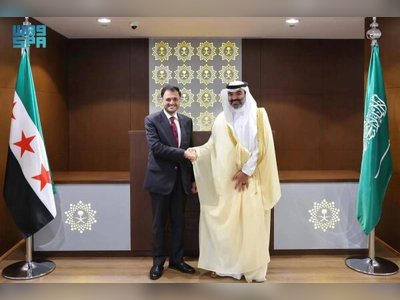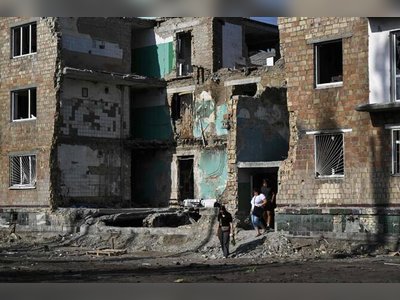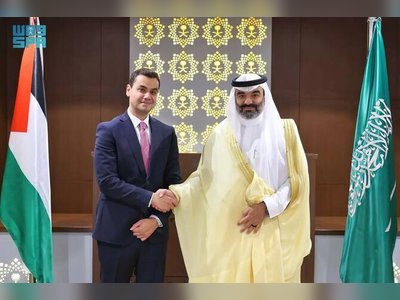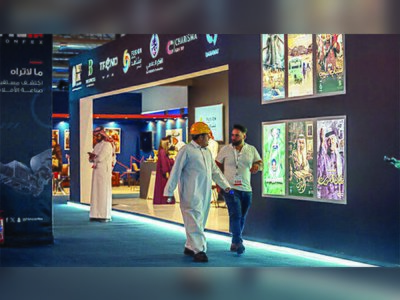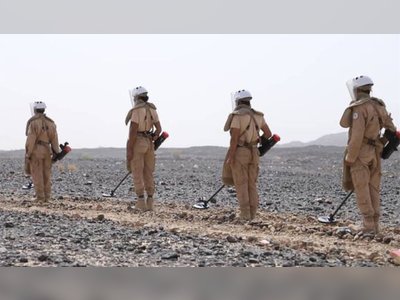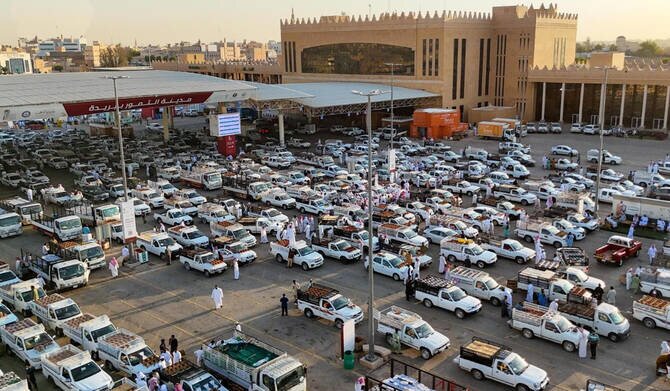
Busy Time at Buraidah Dates Carnival: Supporting Vision 2030's Non-Oil Revenue Goals
The Buraidah Dates Carnival sees over 1,000 vehicles daily as it contributes to the nation's agricultural export market and supports economic diversification efforts.
Riyadh - The Buraidah Dates Carnival, a significant event organized by the National Center for Palms and Dates in collaboration with the regional branch of the Ministry of Environment, Water and Agriculture under the supervision of the Qassim Principality, has reported a daily influx of over 1,000 vehicles, each loaded with tonnes of dates.
This activity underscores the region's critical role in supporting Saudi Arabia's Vision 2030 goals for boosting non-oil revenues through agricultural expansion and diversification.The event runs until October 5, with the aim among farmers to surpass current figures by planting more than 2 million palm trees.
Such efforts are aimed at bolstering domestic food security and enhancing the country's position as a leading exporter of agricultural products.
The Qassim region, known for its robust agricultural output, produces over 390,000 tonnes of dates annually, contributing substantially to the Kingdom's total yield.A central hub for date distribution, both domestically and internationally, the export yard processes thousands of tonnes of dates daily for packaging and global dispatch.
This includes shipment to more than 100 countries across North America, Europe, and beyond.
The operation facilitates trade with major markets such as the United States and various European nations.The strategic importance of this carnival lies in its support for Vision 2030's economic objectives.
By focusing on agricultural exports like dates, the event plays a pivotal role in fostering non-oil revenue streams while ensuring national food security through sustainable farming practices.
The daily movement of over 500 medium-sized and large trucks signifies the industrial scale at which these operations function, with dates sorted, packaged, manufactured into various products, and distributed across the Kingdom to international destinations.This concentrated activity within Qassim reflects a broader commitment to leveraging agricultural resources for economic development, thereby positioning Saudi Arabia as a key player in global food markets.
This activity underscores the region's critical role in supporting Saudi Arabia's Vision 2030 goals for boosting non-oil revenues through agricultural expansion and diversification.The event runs until October 5, with the aim among farmers to surpass current figures by planting more than 2 million palm trees.
Such efforts are aimed at bolstering domestic food security and enhancing the country's position as a leading exporter of agricultural products.
The Qassim region, known for its robust agricultural output, produces over 390,000 tonnes of dates annually, contributing substantially to the Kingdom's total yield.A central hub for date distribution, both domestically and internationally, the export yard processes thousands of tonnes of dates daily for packaging and global dispatch.
This includes shipment to more than 100 countries across North America, Europe, and beyond.
The operation facilitates trade with major markets such as the United States and various European nations.The strategic importance of this carnival lies in its support for Vision 2030's economic objectives.
By focusing on agricultural exports like dates, the event plays a pivotal role in fostering non-oil revenue streams while ensuring national food security through sustainable farming practices.
The daily movement of over 500 medium-sized and large trucks signifies the industrial scale at which these operations function, with dates sorted, packaged, manufactured into various products, and distributed across the Kingdom to international destinations.This concentrated activity within Qassim reflects a broader commitment to leveraging agricultural resources for economic development, thereby positioning Saudi Arabia as a key player in global food markets.
